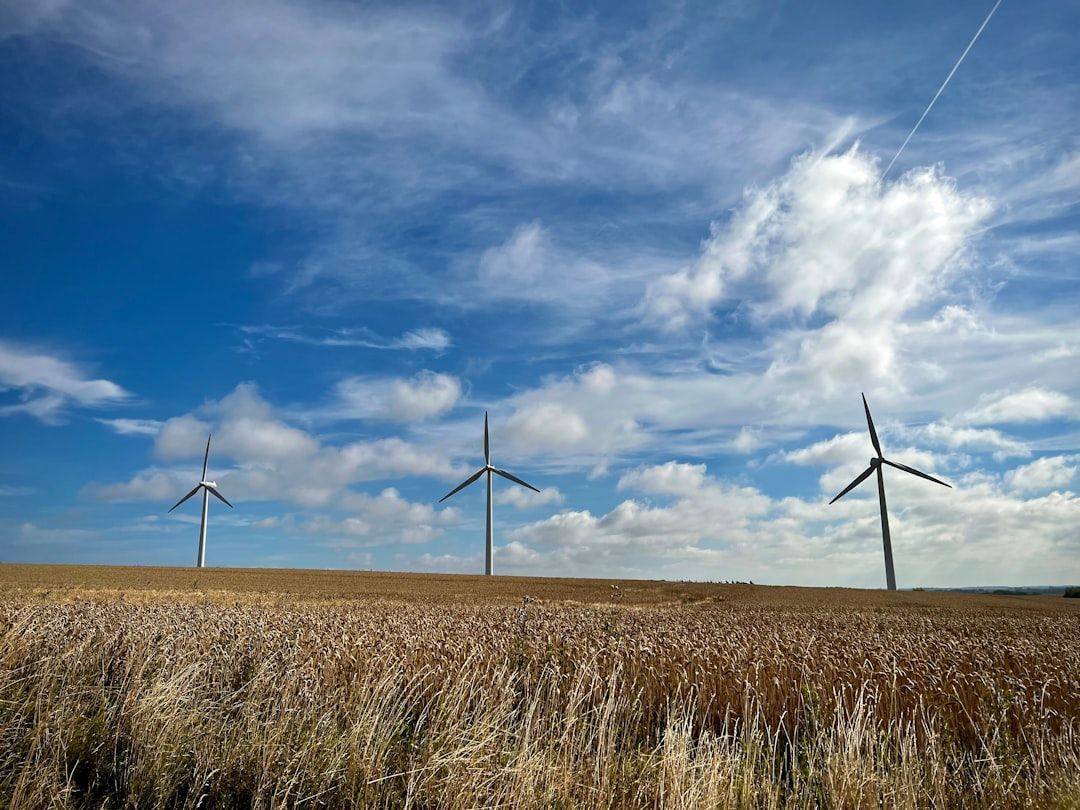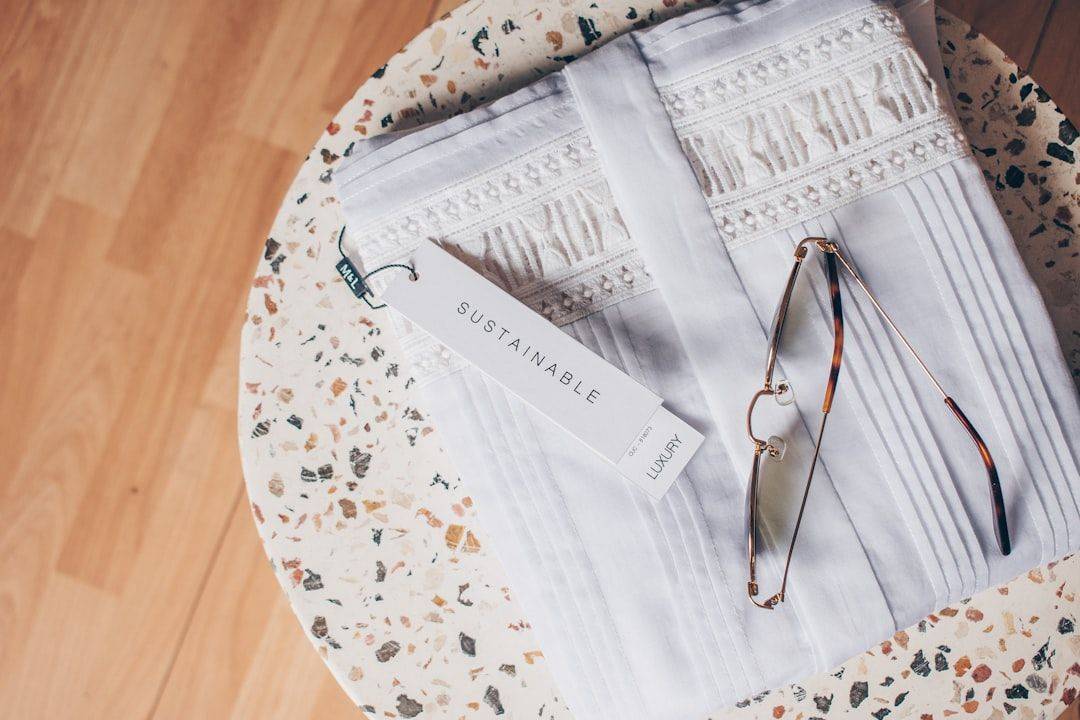IN BRIEF
|
For durable custom windows, the choice of material is essential. Among the options, the drink is distinguished by its thermal properties and its durability, making it one of the most ecological choices. THE PVC also appears to be an interesting alternative thanks to its insulation performance which combines resistance and lightness. Finally, thealuminum is appreciated for its weather resistance and its ability to create large openings allowing better light. Each of these materials has specific advantages, requiring a careful analysis to select the best option adapted to the energy performance needs and the desired architectural style.
In the context of construction or renovation, the choice of materials for custom windows is of capital importance, both aesthetically and ecologically. Between drink, PVC And aluminum, each option has its own characteristics. This guide examines the most suitable materials to guarantee durability and performance while respecting the environment.
Wood: a preferred choice
THE drink is often considered one of the most durable materials for windows. Thanks to its remarkable thermal properties, it helps improve the insulation of your home, thereby reducing heating and cooling needs. In addition, wood has a low environmental impact, especially when it comes from sustainably managed forests. To learn more about its benefits, see our article on wooden windows.
PVC: an economical and efficient material
THE PVC stands out for its excellent performance in thermal and acoustic insulation. Lightweight and durable, this material is also economical, making it a popular choice for custom windows. It is important to choose PVC with a low environmental impact, thus contributing to greener construction. PVC windows require little maintenance, which is a huge plus for homeowners looking to reduce their workload.
Aluminum: modernity at the service of brightness
L’aluminum is an excellent material for windows that maximize light. It allows you to design large bay windows and offers great customization. Its weather resistance and durability make it a preferred choice for modern construction. However, it is recommended to opt for aluminum windows with a double glazing with reinforced insulation to optimize their energy performance. For an in-depth analysis of aluminum windows, visit our site at aluminum windows.
Ecological treatments and finishes
When choosing materials for your windows, it is also crucial to consider treatments and finishes. Opt for treatments without volatile organic compounds (VOC) not only preserves indoor air quality, but also guarantees that your project remains in accordance with the principles of sustainability. These choices support an environmentally friendly approach, paving the way for healthier and more respectful windows.
Conclusion on sustainable materials
In short, the choice of materials for your custom windows should not be taken lightly. Whether it is the drink, THE PVC or thealuminum, each option has distinct advantages. However, it is essential to evaluate the treatments and finishes that accompany these materials to ensure the durability and performance of your windows. Choosing well-designed custom windows is a long-term investment that will contribute to the comfort and energy efficiency of your home. For a complete guide on choosing custom windows, go to our dedicated article here.

Choosing durable custom windows is essential to improving the energy efficiency of your home while respecting the environment. The choice of materials is decisive, because it influences not only the thermal and acoustic performance of windows, but also their durability and ecological impact. In this article, we will review the materials to favor for environmentally friendly windows: drink, THE PVC and thealuminum.
Wood: a traditional and ecological material
Wood is often considered one of the most durable materials for windows. It has excellent properties thermal, allowing you to maintain a comfortable temperature inside your home. In addition, wood is a material renewable, especially if it comes from sustainably managed forests. Using environmentally friendly finishes without volatile compounds also helps make wooden windows a wise choice. The wooden profiles also offer beautiful aesthetic finishes, allowing for customization that matches the style of your home.
PVC: low impact performance
THE PVC is another choice that has significant ecological benefits. This material is both light and durable, offering excellent performance in terms ofthermal insulation and acoustics. In addition, PVC requires little maintenance and resists weather well, thus extending its lifespan. By opting for PVC with low environmental impact, you help to minimize your ecological footprint. This material is also available in a wide range of colors and finishes, allowing it to suit all styles. To learn more about the advantages and disadvantages of PVC windows, check out this detailed article: PVC windows: advantages and disadvantages.
Aluminum: resistance and brightness
If you are looking for the solidity and a maximum of brightness, aluminum is the ideal material. It is particularly suitable for large glass surfaces, such as bay windows and sliding windows. Aluminum is highly weather resistant and requires little maintenance, making it a durable choice. However, due to its thermal conductivity, it is essential to opt for aluminum windows with a thermal break to guarantee optimal energy performance. To discover the different types of aluminum windows available on the market, you can consult this article: The different types of aluminum windows available on the market.
Requirements and certifications
When choosing your materials, it is also important to consider the requirements and the certifications in terms of performance. Look for labeled brands that meet energy efficiency standards. This choice is crucial to guarantee the thermal comfort of your home while ensuring a minimal impact on the environment during the manufacture of your windows. Be sure to ask about different insulation options, such as double glazing, which can further boost the performance of your windows.
To find out more about installing custom windows and ensure an informed choice, consult this complete guide: Custom windows: complete guide to making the right choice and the article on how to install custom windows safely.
- Drink – Excellent thermal insulation And . Ecological and recyclable.
- PVC – Good quality/price ratio, resistant And low maintenance.
- Aluminum – Material weather resistant, ideal for large glass surfaces.
- Recycled wood compounds – Solution sustainable And environmentally friendly.
- VOC-free treatments – Guarantees a healthy environment while maintaining performance and aesthetics.
- Double glazing with reinforced insulation – Improves theenergy efficiency windows.

Comparison of Durable Window Materials
| Material | Features |
| Drink | Excellent properties thermal, eco-responsible, renewable. |
| PVC | Thermal and acoustic insulation, lightweight, moisture resistant. |
| Aluminum | Despite a thermal conductivity less efficient, it offers great durability. |
| Composite | Combination of the advantages of wood and PVC, resistant to bad weather. |
| Triple glazing | Further improves theinsulation compared to double glazing. |
| Ecological treatment | Prefer treatments without volatile compounds for better inner health. |
| RGE label | Opt for certified windows to guarantee performance energy. |
| Personalization | Choose windows suited to your style while respecting theenvironment. |
The choice of material for custom windows will play a key role in the energy efficiency and sustainability of your home. Materials like drink, THE PVC and thealuminum each have specific advantages. By considering these options, it is possible to opt for windows that are aesthetically pleasing, efficient and environmentally friendly. This article examines the characteristics of different materials to help you make an informed choice.
Wooden windows: a durable and aesthetic choice
THE drink is often considered the most durable material for custom windows. In addition to its insulating properties, which help maintain a pleasant temperature inside the home, wood offers a warm and natural aesthetic. Thanks to its ability to regulate humidity, it also helps create a healthy indoor environment. However, it is essential to choose wood from sustainably managed forests to ensure minimal environmental impact.
Treatments and maintenance
To guarantee the longevity of your wooden windows, regular maintenance is necessary. The application of treatments without volatile compounds strengthens their resistance to bad weather and avoids deforestation.
PVC: performance and economy
THE PVC is a choice renowned for its excellent value for money. This material displays remarkable performance in terms ofthermal insulation and acoustics, which makes it an undeniable advantage for optimizing the energy consumption of buildings. In addition, PVC resists impacts and deformation, thus guaranteeing a long life for your joinery.
Environmental impact of PVC
Although PVC has a low environmental impact in terms of insulation, it is crucial to choose windows made from recycled or recyclable PVC. This contributes to a more sustainable life cycle and minimizes plastic waste.
Aluminum: lightness and modernity
L’aluminum is another material of choice for manufacturing custom windows. Recognized for its robustness and resistance to bad weather, it makes it possible to create large glass surfaces, thus increasing interior brightness. It is also very customizable, allowing you to match the style of the windows to the architecture of your home.
Characteristics of aluminum
Aluminum windows can also be fitted with thermal break systems, which improve their energy performance. It is important to opt for powder-coated models, which offer a durable and aesthetic finish while protecting the material from corrosion.
Choosing the right material according to your needs
The choice of material for your windows should be dictated by your specific needs. If aesthetics and durability are paramount, wood could be the ideal solution. For attractive energy performance and value for money, PVC is a wise choice. Finally, if you are looking for lightness and customization, aluminum should be seriously considered.
Each material has its advantages and disadvantages, which is why it is essential to carefully assess your situation and your needs. An informed choice can ensure windows that are not only aesthetic, but also durable and environmentally friendly.
Testimonials on the materials to choose for durable custom windows
Within our renovation project, we were looking for windows that combine aesthetics and environmental performance. After studying the different options, we opted for glass windows. drink. This material won us over thanks to its excellent thermal properties and its reduced ecological impact. Wood is a renewable resource, and we have chosen certified wood, treated without volatile compounds, thus guaranteeing a healthy interior.
For a more contemporary project, we also considered glass windows. aluminum. This choice proved to be wise, especially for the large bay windows. Aluminum is not only resistant to bad weather, but it also allows us to optimize the brightness of our spaces thanks to thin and robust frames. In addition, this alloy is recyclable, which has confirmed its durability over time.
Regarding windows PVC, these offer insulation performance impressive. We were surprised by its lightness and resistance to humidity. However, we have opted for a low environmental impact version to ensure that it is in line with our ecological values. This option is perfectly suited for a more modest budget while remaining effective.
Finally, the choice of materials was also influenced by considerations of sustainability and maintenance. Wooden windows require regular maintenance, but offer a warm aesthetic. In comparison, aluminum and PVC windows require less maintenance and are impressively durable.
It is essential to carefully assess our specific needs before making a final choice. Each of these materials has advantages, so it is essential to weigh the pros and cons in order to achieve a balance between aesthetic, durability and performance.

